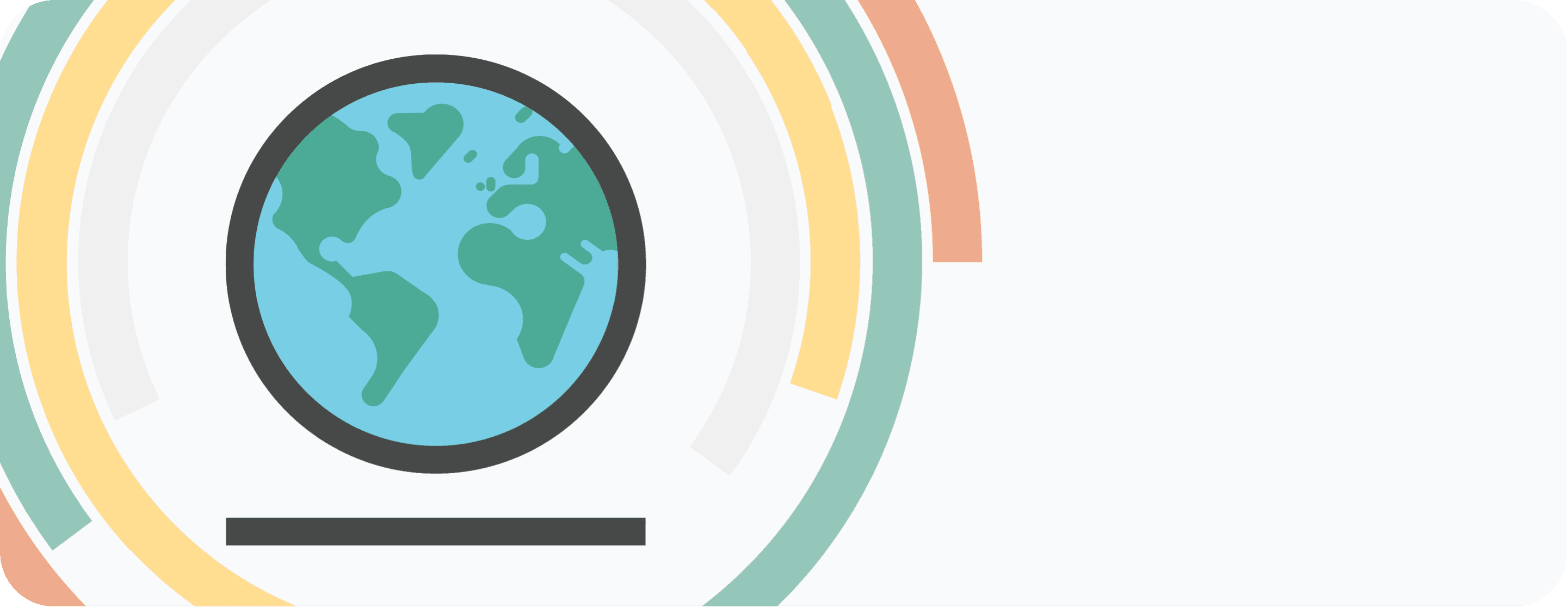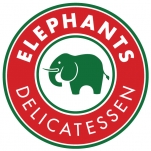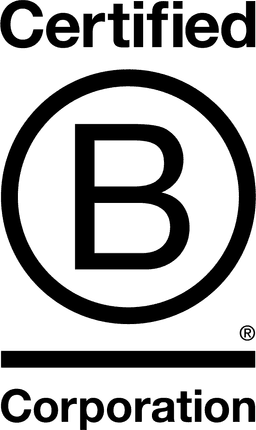

Elephants Delicatessen

1.6
Oregon, United States
August 2015
Restaurants & food service
Service with Significant Environmental Footprint
United States
Elephants Delicatessen has been committed to providing Portlanders with great local foods from scratch for over three decades. A pioneer in the specialty and gourmet foods industry, they serve a wide variety of customers through eight retail stores and their catering and sack/box lunch delivery service. Elephants mission is to provide a fun, friendly, energetic, sensory food experience with exceptional quality and service. As their operation grows, so does their impact on their community. With this in mind, the Elephants herd utilizes the triple bottom line, where people, planet, and profit are their measurement for success. At all levels of their business, they work to demonstrate and share this commitment with their employees and their customers--and to seek sustainable approaches to food service to work towards a better future. Elephants Delicatessen has long been recognized as a champion of sustainable practices that reduce waste, conserve energy, and support other local businesses. They ”walk the talk” by investing in products that further this effort, including renewable energy sources, responsible waste management practices, and sustainable transit solutions.
Overall B Impact Score
Governance 17.6
Governance evaluates a company's overall mission, engagement around its social/environmental impact, ethics, and transparency. This section also evaluates the ability of a company to protect their mission and formally consider stakeholders in decision making through their corporate structure (e.g. benefit corporation) or corporate governing documents.
What is this? A company with an Impact Business Model is intentionally designed to create a specific positive outcome for one of its stakeholders - such as workers, community, environment, or customers.
Workers 18.3
Workers evaluates a company’s contributions to its employees’ financial security, health & safety, wellness, career development, and engagement & satisfaction. In addition, this section recognizes business models designed to benefit workers, such as companies that are at least 40% owned by non-executive employees and those that have workforce development programs to support individuals with barriers to employment.
Community 32.9
Community evaluates a company’s engagement with and impact on the communities in which it operates, hires from, and sources from. Topics include diversity, equity & inclusion, economic impact, civic engagement, charitable giving, and supply chain management. In addition, this section recognizes business models that are designed to address specific community-oriented problems, such as poverty alleviation through fair trade sourcing or distribution via microenterprises, producer cooperative models, locally focused economic development, and formal charitable giving commitments.
What is this? A company with an Impact Business Model is intentionally designed to create a specific positive outcome for one of its stakeholders - such as workers, community, environment, or customers.
Environment 16.0
Environment evaluates a company’s overall environmental management practices as well as its impact on the air, climate, water, land, and biodiversity. This includes the direct impact of a company’s operations and, when applicable its supply chain and distribution channels. This section also recognizes companies with environmentally innovative production processes and those that sell products or services that have a positive environmental impact. Some examples might include products and services that create renewable energy, reduce consumption or waste, conserve land or wildlife, provide less toxic alternatives to the market, or educate people about environmental problems.
Customers 2.9
Customers evaluates a company’s stewardship of its customers through the quality of its products and services, ethical marketing, data privacy and security, and feedback channels. In addition, this section recognizes products or services that are designed to address a particular social problem for or through its customers, such as health or educational products, arts & media products, serving underserved customers/clients, and services that improve the social impact of other businesses or organizations.